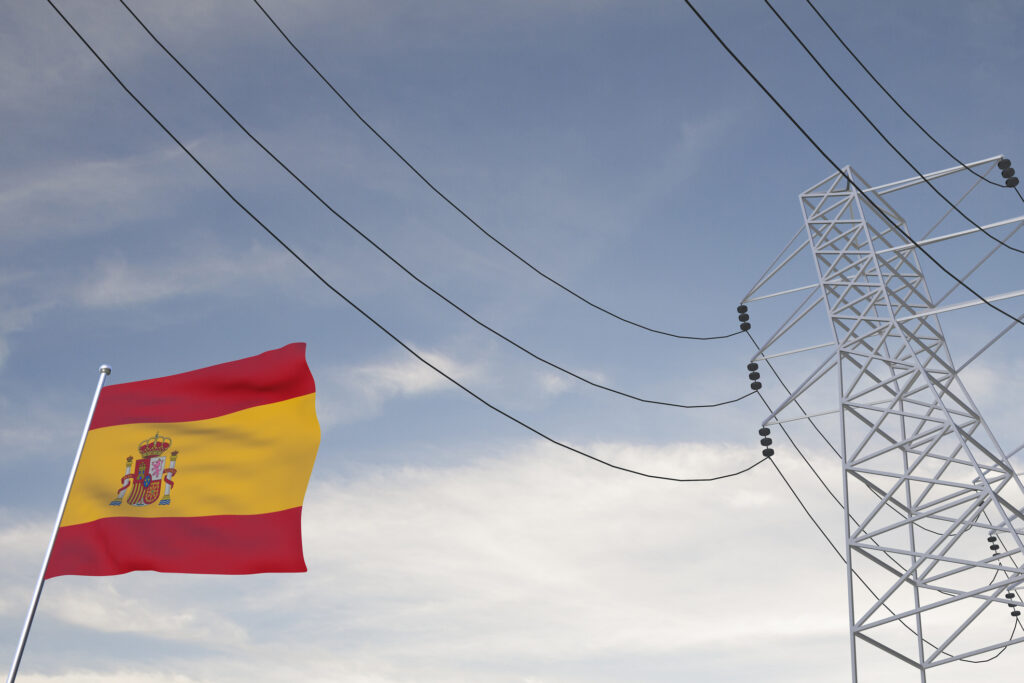Conservation groups and counties in Wisconsin have filed separate lawsuits in federal and state courts to block construction within the state of a proposed multistate transmission line intended to deliver electric power from out-of-state wind farms to utilities in 12 states.
The Wisconsin Public Service Commission (WPSC) unanimously approved construction of the Wisconsin portion of a new electric power transmission line known as Cardinal-Hickory Creek on August 19, 2019. As conceived by the Midcontinent Independent System Operator (MISO), which manages the open-access high-voltage transmission system from Manitoba Canada through the midwestern United States to the Gulf Coast, Wisconsin’s share of the costs of the 12-state, $492 million development is projected to be $67 million.
Choosing Wildlife Over Wind
The commissioners accepted arguments by the project developers—American Transmission Company, ITC Midwest, Dairyland Power Cooperative—and MISO, that the 102-mile, 345-kilovolt line would improve grid reliability while providing Wisconsin residents with greater access to clean energy at lower cost.
In testimony before the WPSC prior to its vote, environmentalists challenged the purported benefits of the transmission line, saying it would not deliver much energy and would cost taxpayers more than the companies pushing the project claimed.
On December 12, 2019, the Environmental Law & Policy Center (ELPC) filed a lawsuit in the U.S. District Court for the Western District of Wisconsin to block the project, on behalf of the Driftless Area Land Conservancy and Wisconsin Wildlife Federation. The plaintiffs argued the 17-story-high transmission line, which would run for more than 100 miles through Wisconsin and cut through several protected wildlife refuges, would wreak untold damage on wildlife and wildlands while providing very little new renewable energy to the system.
Bias, Conflicts of Interest
ELPC’s attorneys argue two of the three commissioners should have recused themselves because of clear bias and conflicts of interest.
Among the evidence the plaintiffs cited for that claim is the fact PSC Commissioner Rebecca Valcq served as regulatory counsel for We Energies for approximately 15 years until 2014, during which time the company helped conceive the transmission line. We Energies is a subsidiary of WEC Energy Group, which owns a 60 percent stake in one of the power line’s developers, American Transmission Company.
Counties, Cities Sue
On December 13, 2019, four local governments, backed by citizen groups, filed two more lawsuits challenging the PSC’s authority to approve the Cardinal-Hickory Creek line.
Two municipalities joined Dane and Iowa Counties in filing petitions in their respective circuit courts to block the project.
Dane County’s petition claims the transmission line will do significant harm to the county’s land and natural resources, including the Black Earth Creek Wildlife Area, and hinder long-range planning and environmental protection. Dane County Deputy Corporation Counsel Carlos Pabellon argued the WPSC failed to follow state law and ignored an analysis by WPSC staff which presented an alternative option costing less than $1 million.
Represented by attorney Frank Jablonski, Iowa County and two municipalities filed a separate petition claiming WPSC based its decision on erroneous interpretations of both state law and its own authority and against the interest of Wisconsin ratepayers.
“[The WPSC rationalized its decision] based on a policy favoring and prioritizing the development of out-of-state renewable energy resources, a policy that does not exist in law, was never adopted by the legislature, and is contrary to policies that exist in law and were adopted by the legislature,” Jablonski said. “A lot of companies in Iowa are making money selling wind energy to remote customers, but the [W]PSC staff said Wisconsin should instead upgrade some older existing transmission lines for a lot less money and use them to tie into the Iowa wind farms … [and] it would be a win-win since the older lines are becoming inefficient.
“Institutional and economic interests are partnering against the interests of ordinary ratepayers and sensible environmental policy to construct unneeded transmission lines to bring in quick profits while driving up energy rates,” said Jablonski. “Wisconsin used to boast about having the lowest energy costs in the Midwest, but soon we may find energy is cheaper in California,” which has notoriously high energy prices.
Roles Reversed
The Cardinal-Hickory Creek transmission line is unnecessary and more expensive than other options, said the Wisconsin Citizens Utility Board (CUB) in a brief it filed in July opposing the project.
“The PSC found that this project will deliver … savings for Wisconsin customers … but our expert’s analysis found otherwise,” said CUB Executive Director Tom Content in a press release. “The utilities themselves never modeled how much new wind power would be generated by this project, and the limited analysis they did perform showed the line would bring only a small amount of wind and solar power into Wisconsin.
“[T]ime has passed this project by, given advances in technology that have brought down the cost of alternatives such as solar and storage,” said Content.
Wisconsin state Rep. Mike Kuglitsch (R-New Berlin), chair of the state House Committee on Energy and Utilities, once again found himself pitted against proponents of renewable energy, but on the opposite side of the argument, because he supports the project.
“Wisconsin is paying just 15 percent of project costs, and commissioners appointed by both Democratic and Republican governors approved this nonpartisan project,” Kuglitsch said. “The alternatives considered for increasing energy delivery to Wisconsin ratepayers included building solar arrays on Wisconsin farmland or new turbines that could harm Wisconsin birds and wildlife.
“I find it ironic and hypocritical the normal proponents of green energy are opposing a transmission line bringing green energy into the state,” said Kuglitsch. “They are against urban sprawl but in favor of covering our land with glass and steel.”
Duggan Flanakin ([email protected]) writes from Austin, Texas.
Official Connections
Wisconsin state Rep. Mike Kuglitsch (R-New Berlin): https://docs.legis.wisconsin.gov/2019/legislators/assembly/1878; [email protected]




